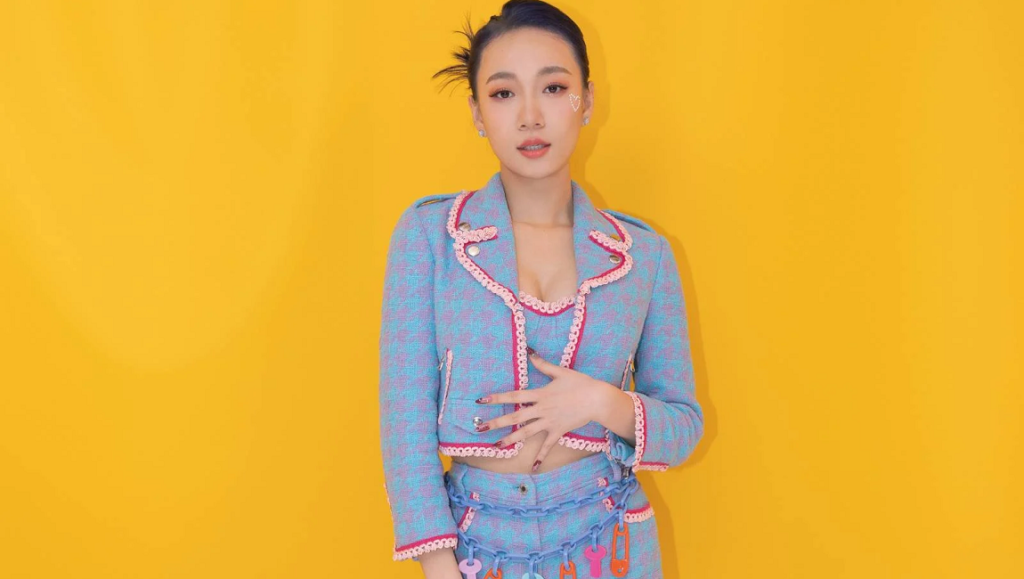Simply put: Julia Wu has established herself as one of the most consistent artists of the decade so far. The Australian-Chinese singer-songwriter has put out an album every year since 2019 (and more before that) — the mixed Mandarin and English 5 am in 2019, its entirely English version 5 pm in 2020, 2622 in summer 2021, and now IDFK in winter 2022 — and each of them has been a smooth, groovy R&B delight. Highlights during that run include the indelible hook of “One in a Billion,” the hazy “Sunset,” and the cozy, rainy day single Better,” plus many more tracks that fully vibe without sacrificing their character.
IDFK’s title might seem to suggest an under-promise, but its content is that of an excellent R&B record that easily lives up to the standard of Wu’s last few projects. “If Only You,” for instance, is the exact kind of song that tends to grace the middle section of a Wu tracklist, but it’s so velvety and honestly sung that the familiarity justifies itself. Other tracks do try styles that she hasn’t explored quite as much: On opener “I Can’t,” Wu tosses off the line “I could be everything that you’ll ever need” over refreshingly dancey production, and “The One,” with its funky electric guitar and disco synth shimmers, is one of the artist’s most upbeat songs to date. In contrast, single “Late Night Cruising” is slow and sultry, vocals drawn out around the bends in the road: “Make a little wish, I’ll take you up high / Breaking through the clouds, we’ll feel the sun rise.”
The title of the eponymous track downplays its lyrical content, where Wu reaches up into her falsetto over muted electric guitar to declare that she “feel[s] like staring into you forever.” A lot of her songs capture this sensation, that of being caught up in feelings for another person to the point where the music communicates almost a physical texture being caught up in feelings for another person to the point where the music communicates almost a physical texture to her desire. With the exception of the bouncy, slightly more cynical “Retail Therapy,” the tracks on IDFK are focused on attraction and romance, and that’s one of the reasons why, despite its consistent sound, Wu’s music doesn’t feel stale. Even when the hooks are breezy, her songs are deeply felt, and her vocal performances operate as such passionate confessions that they make every line feel important.
It’s no surprise, then, that the overall production on the album is warm, packed with lush vocal layering, and neatly balancing elegance and casual conversation. IDFK may only consist of eight tracks, but it accomplishes a lot in that limited space. There are a few immediate discography highlights, some familiar tracks that ground the set as a distinctly Julia Wu project, and enough quality and variety to hopefully pull in new fans too. Not every, and nary a, prolific musician is able to reliably pair quantity with quality — so when an artist does manage to deliver every time, even if only over a period of time, it’s even more important for us listeners to celebrate.
Published as part of InRO Weekly — Volume 1, Issue 1.


Comments are closed.